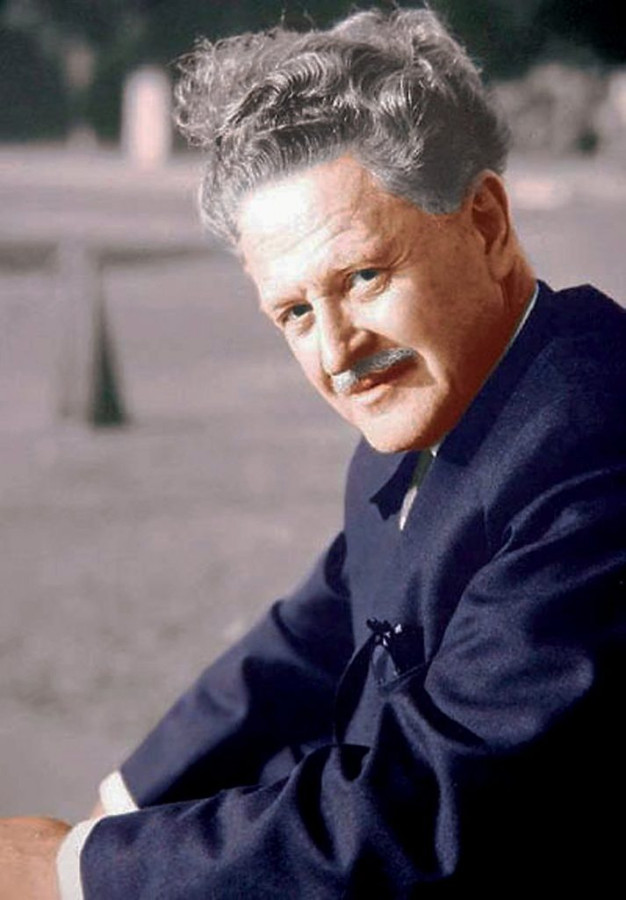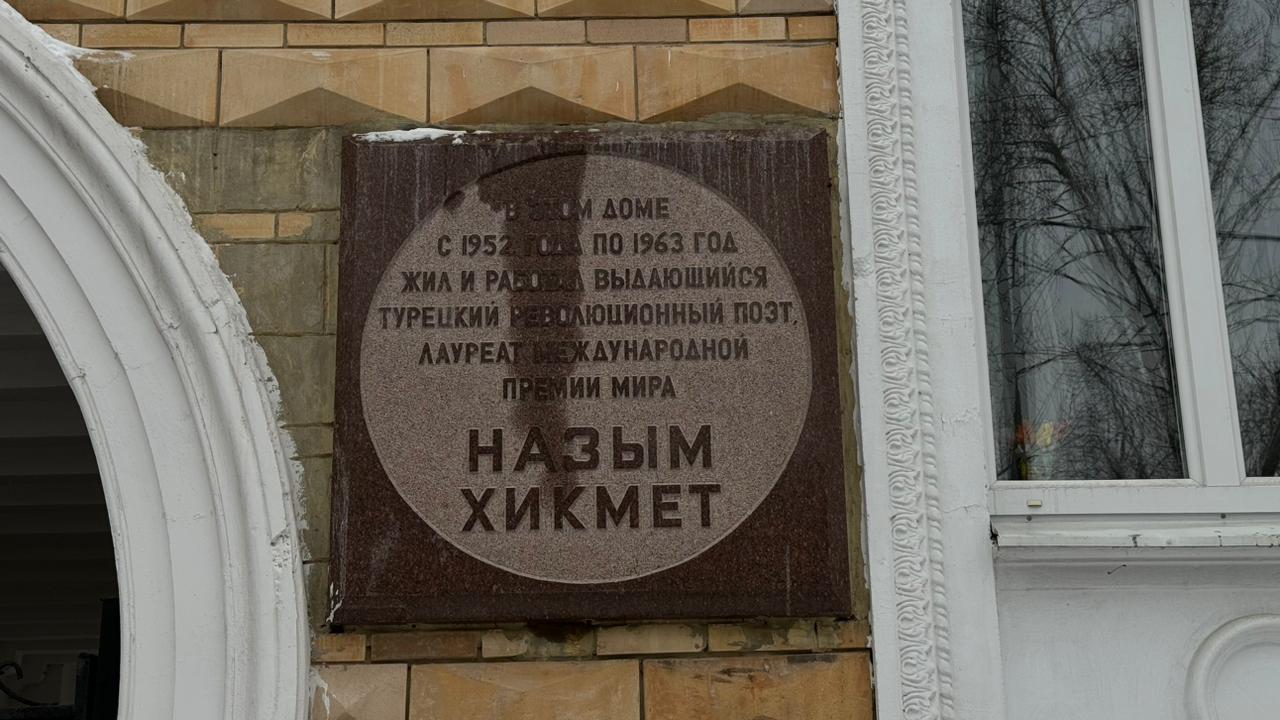Nazim
Hikmet
1902-1963

Nazim Hikmet was a Turkish writer and public figure who founded the revolutionary poetry movement in Turkey. He was also a member of the World Peace Council and received the International Peace Prize in 1950. He was born into an aristocratic family. Hikmet studied at the Naval College but was expelled after participating in a revolution among sailors. He began publishing his work in 1917 and wrote the poem “Prisoner of the Forty Robbers” in 1920, protesting against Turkey’s occupation. This led to his persecution by British authorities and the court of the Sultan. In the same year, he left Istanbul and joined the fight for national independence in Anatolia, speaking out against reactionary forces in poems like “Black Power”. In 1921, Hikmet moved to the Soviet Union where he studied at the Communist University of the Workers of the East and became a member of the RCP(b). After returning to Turkey in 1924, he became an active member of the Turkish Communist Party and wrote for revolutionary newspapers and magazines. However, in 1927, following the repressions that followed, he left again for the USSR, where he was sentenced in absentia by a Turkish court to 15 years in prison. In 1928, Hikmet’s first collection of poems, The Song of the Sun Drinkers, was published in Baku. During this time, the poet used hyperbolic images and metaphors in his work, often employing a solemn and oratorical style. His poetry was directed against the outdated Turkish poetry of the time and aimed at people who were striving for revolution. Later on, he condemned the theme of personal love, borrowing ideas from V.V. Mayakovsky and other Soviet poets. From the mid-1930s onwards, elements of lyricism and more simple, human images began to emerge in his works. In 1928, Hikmet returned to Turkey and continued to work as a journalist, translating from Russian and French and writing articles on culture and art. He continued to call for people to fight for democracy and criticize imperialist policies in his writings. For his collection Telegram Received at Night (1932), which called for perseverance in the struggle for democracy, he was sentenced to five years in prison but was released a year later. In the future, Hikmet was regularly imprisoned after each new book was published. In total, he spent 17 years in Turkish prisons, during which he created the epic “Human Panorama” and several other plays, such as “The Legend of Love” and “Joseph the Beautiful”. He was released in 1950, and in 1951 he moved to the Soviet Union, where he continued writing plays and poetry. In his later works, like “Was There Ivan Ivanovich” and “Two Stubborn Men”, he continued to use satire to address social and moral issues. Films based on his scripts, such as “Two from the Same Quarter”, “The Cloud in Love”, and “Peace be Upon Your House”, were made in the USSR. The ballet “Legend of Love” also was staged based on his work. Nazim Hikmet’s influence on Turkish poetry was significant, as he introduced free verse and created a unique combination of rhythms. His works have had a significant impact on modern Turkish literature. His poems and plays have been translated into many languages and performed around the world.
Address: Moscow, 2nd Peschanaya str., 6, building 2

